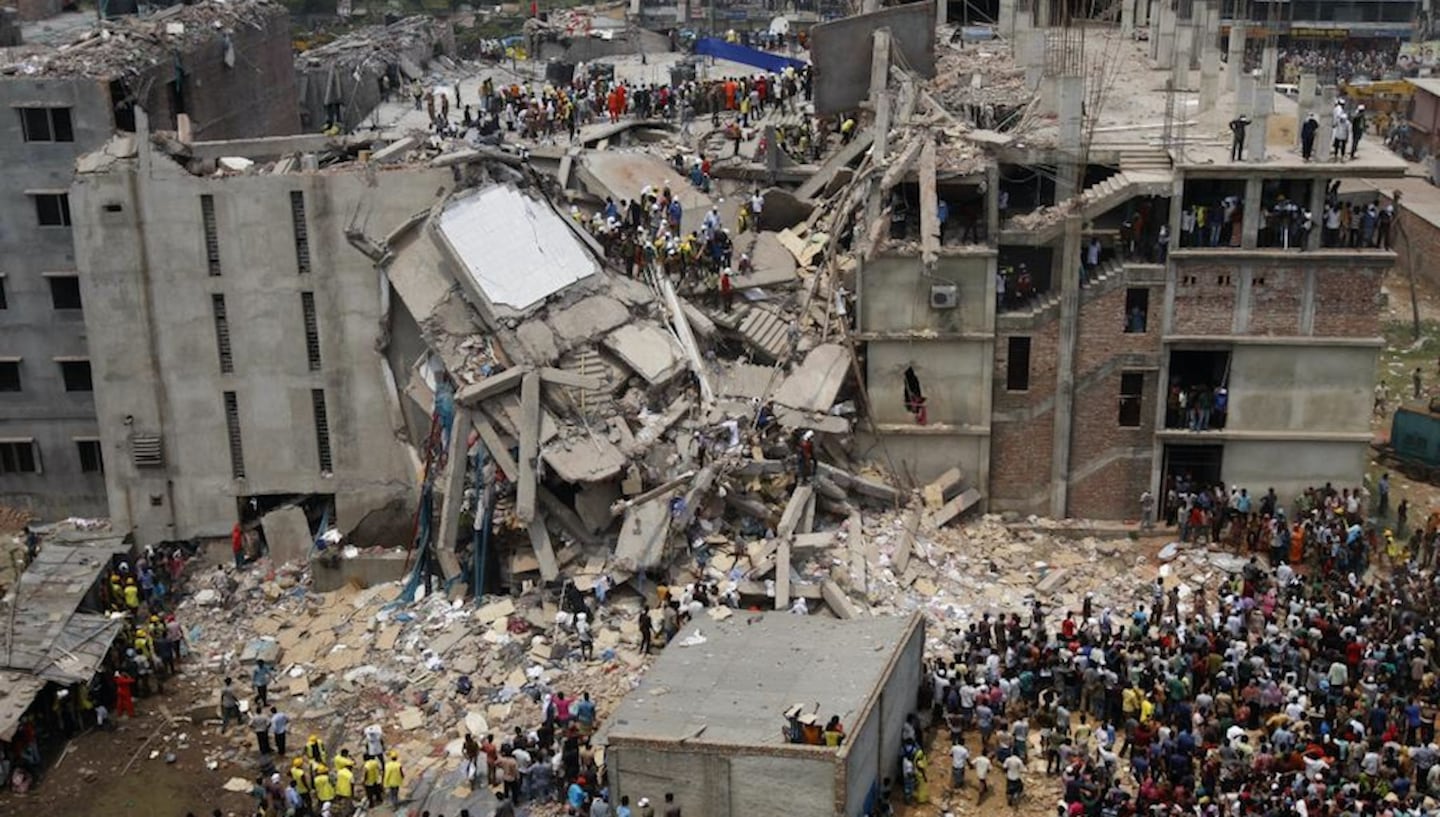
The Business of Fashion
Agenda-setting intelligence, analysis and advice for the global fashion community.

Agenda-setting intelligence, analysis and advice for the global fashion community.

"Rana Plaza Collapse: 38 Charged with Murder Over Garment Factory Disaster" (The Guardian)
"Three defendants also charged for helping complex owner Sohel Rana flee after incident in which five garment factories fell in 2013, killing 1,135 people."
"Black Friday Massacre Tears at Bangladesh's Garment Sector" (Reuters)
"The July 1 attack has confronted the industry with its biggest image crisis since the collapse of the Rana Plaza factory building in 2013, with some fearing security worries could cripple a sector that is the lifeblood of the economy."
"What's Wrong with Buying Fake Luxury Goods?" (BBC News)
"Every time a new haul of fake designer goods is seized we're told that the people who buy them are ruining the reputation of brands, stealing revenue from companies, contributing to an unethical labour market and subsidising organised crime. But is this really the case?"
"Fashion's Newest Frontier: The Disabled and the Displaced" (The New York Times)
"'Healthwear' takes the tools and techniques (and trends) of fashion and applies them to the challenges created by illness and disability.
"The Invisible Men and Women of Black Fashion" (The Daily Beast)
"The erasure that talented black clothing designers once endured is fading, but minorities still account for only a tiny fraction of people in the industry. Here's how that's changing."
As they move to protect their intellectual property, big brands are coming into conflict with a growing class of up-and-coming designers working with refashioned designer gear.
The industry needs to ditch its reliance on fossil-fuel-based materials like polyester in order to meet climate targets, according to a new report from Textile Exchange.
Cotton linked to environmental and human rights abuses in Brazil is leaking into the supply chains of major fashion brands, a new investigation has found, prompting Zara-owner Inditex to send a scathing rebuke to the industry’s biggest sustainable cotton certifier.
Over the last few years, the run-up to Earth Day has become a marketing frenzy. But a crackdown on greenwashing may be changing the way brands approach their communications strategies.